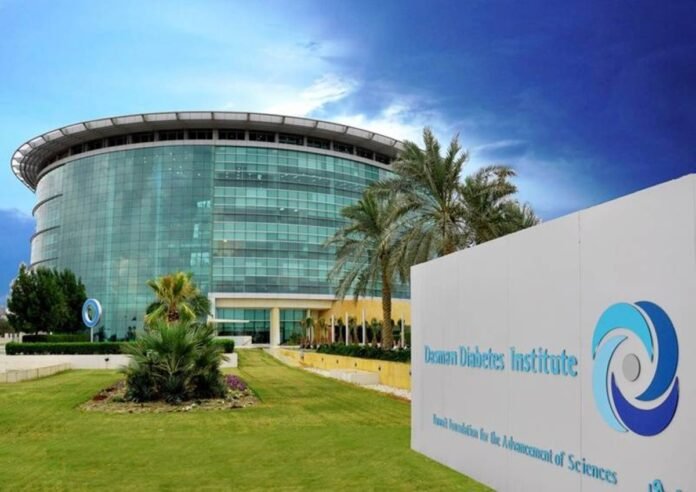Kuwait has taken a major step in medical innovation by launching a detailed plan for the Kuwait National Genome Project. The Dasman Diabetes Institute, working under the Kuwait Foundation for the Advancement of Sciences (KFAS), announced its vision to integrate genetics with environmental and biological data.
This unique approach marks a shift from traditional gene studies. Instead of focusing only on genetic makeup, researchers will examine how genes interact with environmental factors. So, this strategy aims to better understand complex diseases, especially type 2 diabetes.
Dr. Faisal Al-Rifai, Acting Director General of Dasman Diabetes Institute, shared details about this new direction. He explained that Kuwait’s health challenges make the country ideal for advanced genomic research. Kuwait faces high rates of chronic conditions like obesity and diabetes. It also struggles with extreme heat and severe air pollution.
These conditions allow researchers to explore how the environment affects health through genetic pathways. The Kuwait National Genome Project offers hope for early disease detection and better prevention.
KFAS has played a central role in building this vision. It supports scientific events such as workshops, conferences, and training programs. One important effort was the Precision Medicine Workshop. It was held in partnership with the U.S. National Academies of Sciences, Engineering, and Medicine. This collaboration strengthened ties between scientists in Kuwait and the United States.
The project also aims to boost regional cooperation. In addition, the Institute already works with other institutions across the Gulf Cooperation Council (GCC). These partnerships form part of a larger strategy to advance genomics and precision medicine in the Gulf.
According to Al-Rifai, the Kuwait National Genome Project is just the beginning. It sets a foundation for better public health in Kuwait and across the region. The project will focus on ethical practices, scientific research, and improved disease prevention methods.
This initiative shows Kuwait’s commitment to global health innovation. In addition, it reflects the country’s readiness to lead in precision medicine and genomic science. Through long-term planning and regional cooperation, Kuwait hopes to transform its healthcare system and inspire similar efforts in the region.


